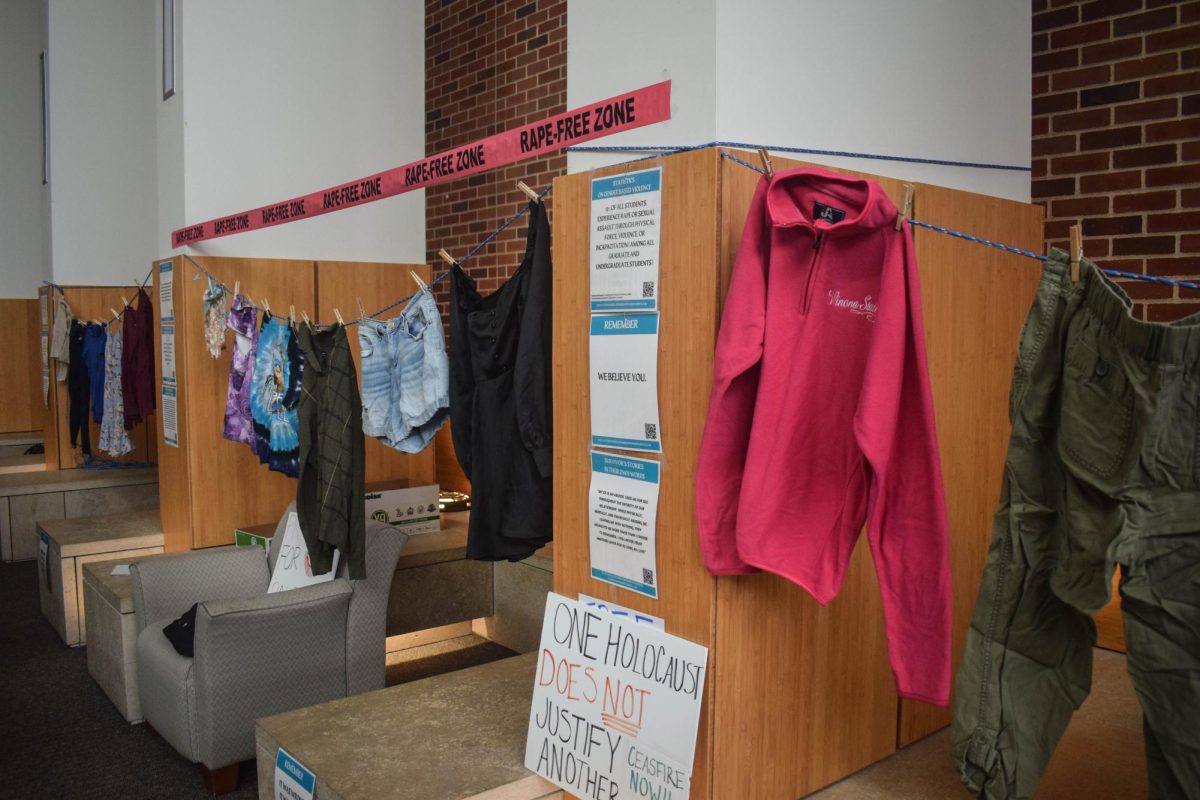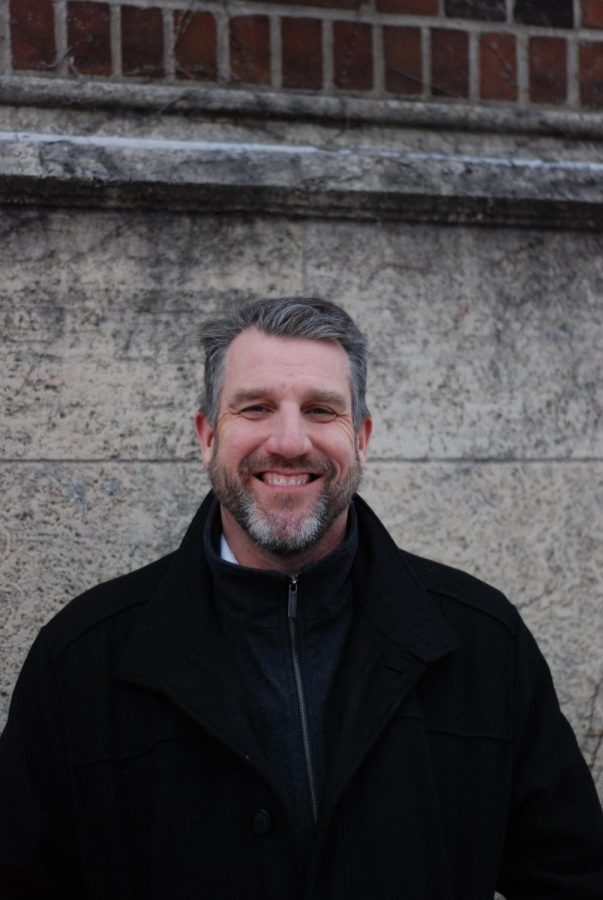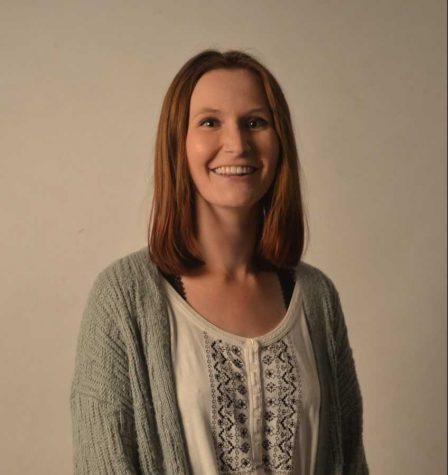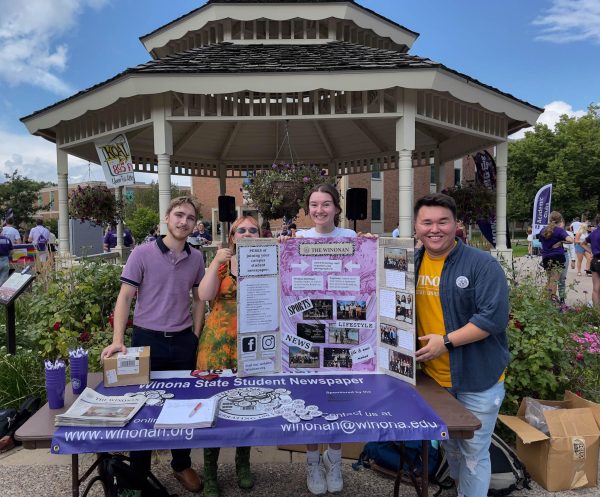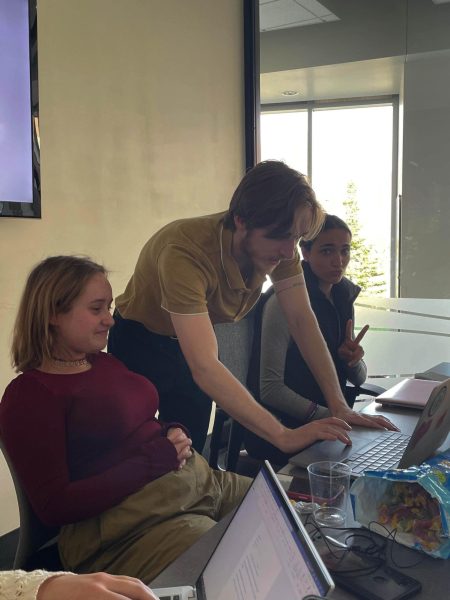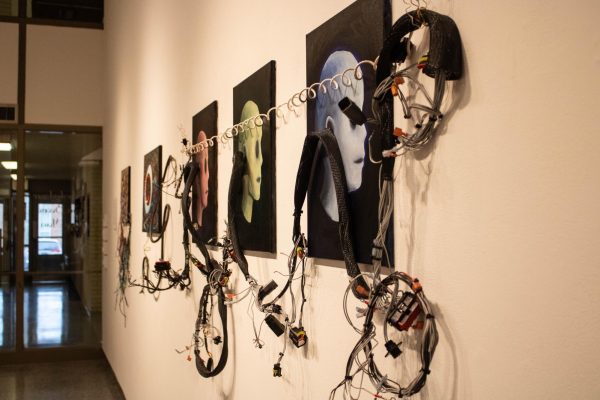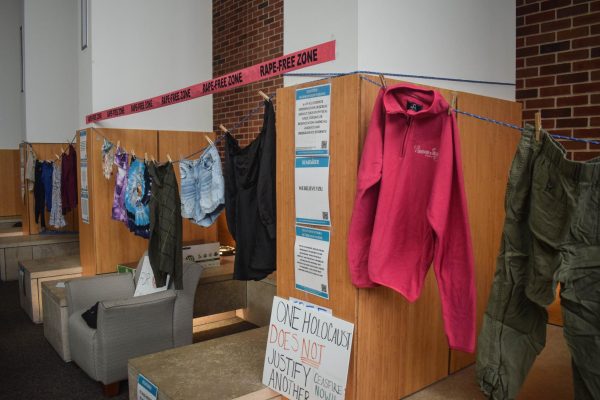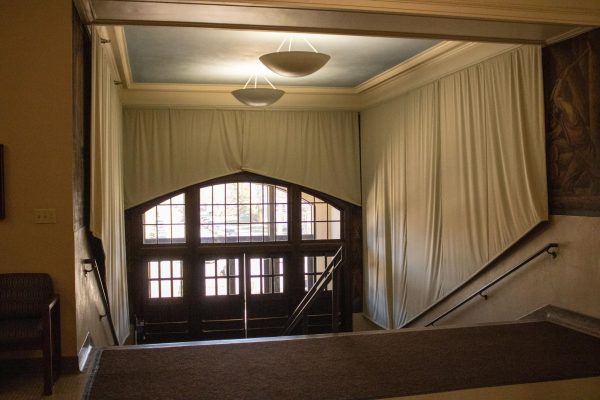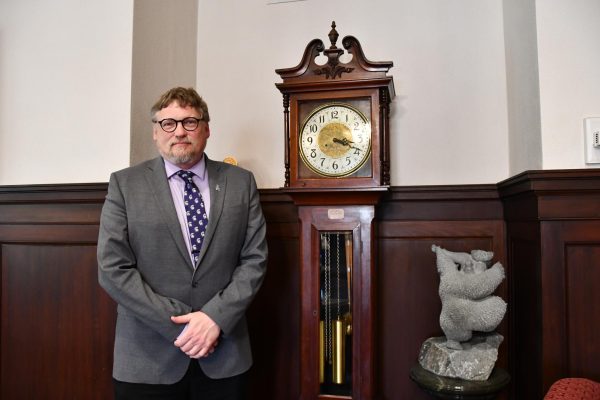Committee to help improve advising
Head of advising services, Ron Strege, stands outside of Somsen at Winona State. There has been a conflict with students and their lack of number of advisors.
January 30, 2019
Winona State University’s Warrior Success Center has in the works a university-wide advising committee, which will be utilized to help manage advising issues on campus.
According to Ron Strege, director of the Warrior Success Center, the goal is for the committee to be in full swing sometime this February.
Strege, who has worked at Winona State for a year and a half, said before even getting hired, he was shown a student satisfaction survey on advising.
“When I interviewed for [this] job, they showed me the survey from three years ago and for the most part, what students were wanting from their advisors – and that many were getting, but some weren’t – was that they want their advisors to know everything,” Strege said.
Basically, Strege said, students only want to go to one source to get all their information, whether it be about career options or studying abroad or anything else.
No one understands this more than senior life science education major Ryan Michaletz, who has been through multiple advisors since his first year at Winona State.
Michaletz’s struggles with advising started before his freshman year, when he met with an advisor to plan out his first semester classes.
“I came in with a music minor and during my initial setup schedule back before I was a college student they setup my schedule with a math professor,” Michaletz said. “She didn’t sign me up for any of the actual band classes, just concert attendance, so my entire freshman schedule was all science courses.”
After that, Michaletz said he spent his first week at Winona State getting his schedule changed and ended up dropping his music minor to take a speech course.
Michaletz added that he and one other student were the first two life science education students the university had in two years, which presented more problems.
“When we came in, they handed us the requisite sheet. And the [sheet] they handed to me was 16 years old – It was a little out of date,” Michaletz said.
What was even more frustrating for Michaletz was that more than half the courses listed were not offered at Winona State anymore.
And the classes he could take, Michaletz said he ended up taking out of order, making his schedule harder to organize each semester.
Michaletz said though, the past year and a half has gotten better for him in terms of advising, however he is still disappointed he has no minor. Especially since he’s supposed to.
“I don’t have a minor because my schedule got messed up so bad, so I couldn’t fit in the classes in time,” Michaletz said. “I was three classes short and I could’ve worked them in through other classes, but I didn’t even know that was an option until last semester.”
Despite all his advising ups and downs, Michaletz is still set to graduate this spring, but also hopes that advising at Winona State improves for future students.
“The big issue, I think, is [advisors are] really focused on their one thing and they don’t really explain anything else, your other options, they don’t know things outside their specific departments,” Michaletz said.
But some advisors, Michaletz said, are great role models for others and that the university should use those advisors to set the standard for others.
“I hear a lot of rough stories compared to the good ones. And the [advisors] who do well, they’re fantastic, great role models for other advisors, [other advisors] could work off of that, but I think that’s something that should change.” Michaletz said.
Even though Michaletz and others who have struggled with advising may not be around to see the impact of the new advising committee, Strege is looking forward to helping out students dealing with these kinds of issues now.
“I served on [the committee] last year and we ended our work but said ‘what we’d really like is for this to become a full-time committee to always be looking at advising issues and how to work on advising and that passed through,” Strege said. “So that’s going to start here hopefully in February we’ll start the university-wide advising committee, which I think there’s some really good people on that who are very student-centered and want to make a difference.”














